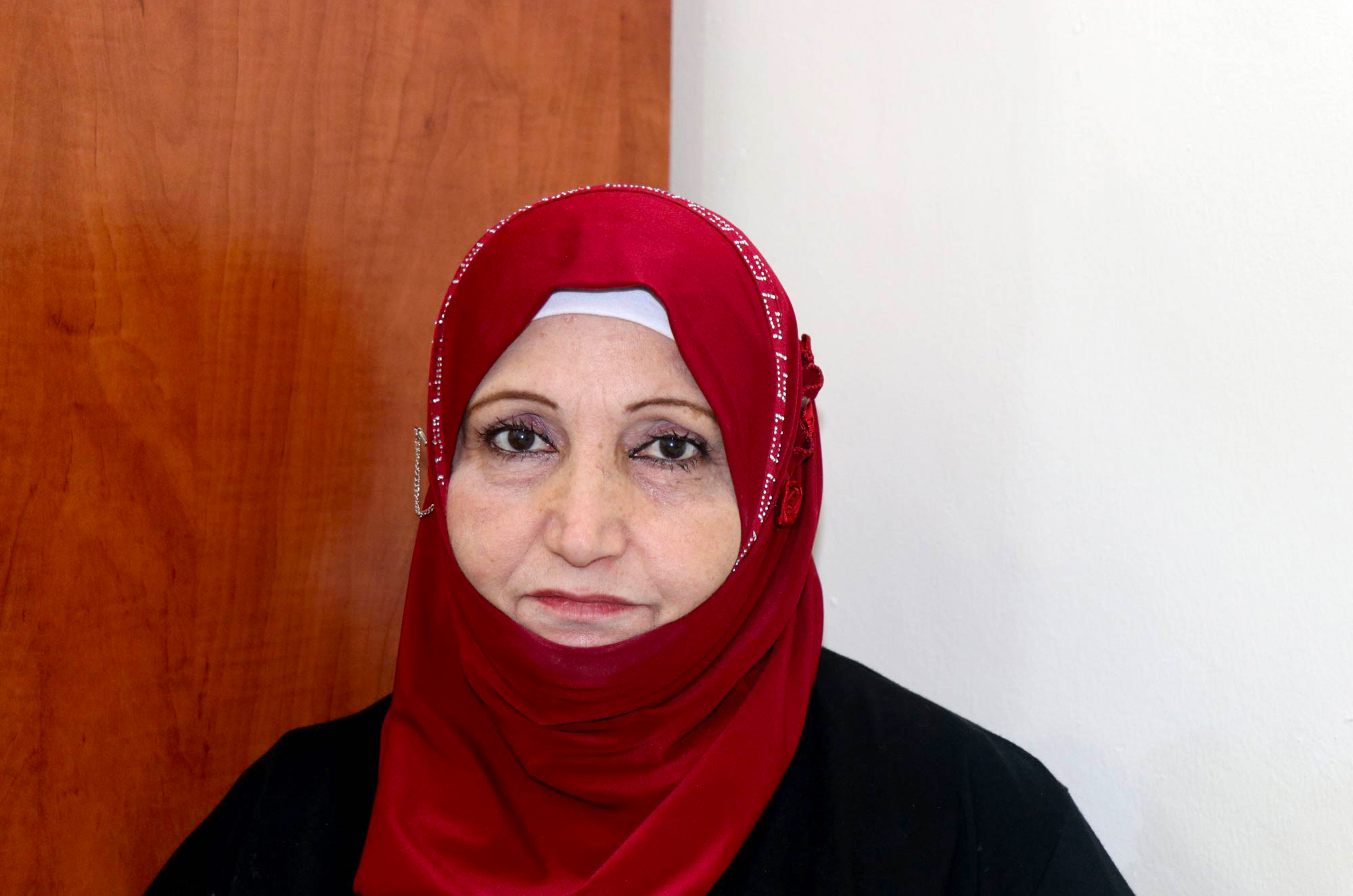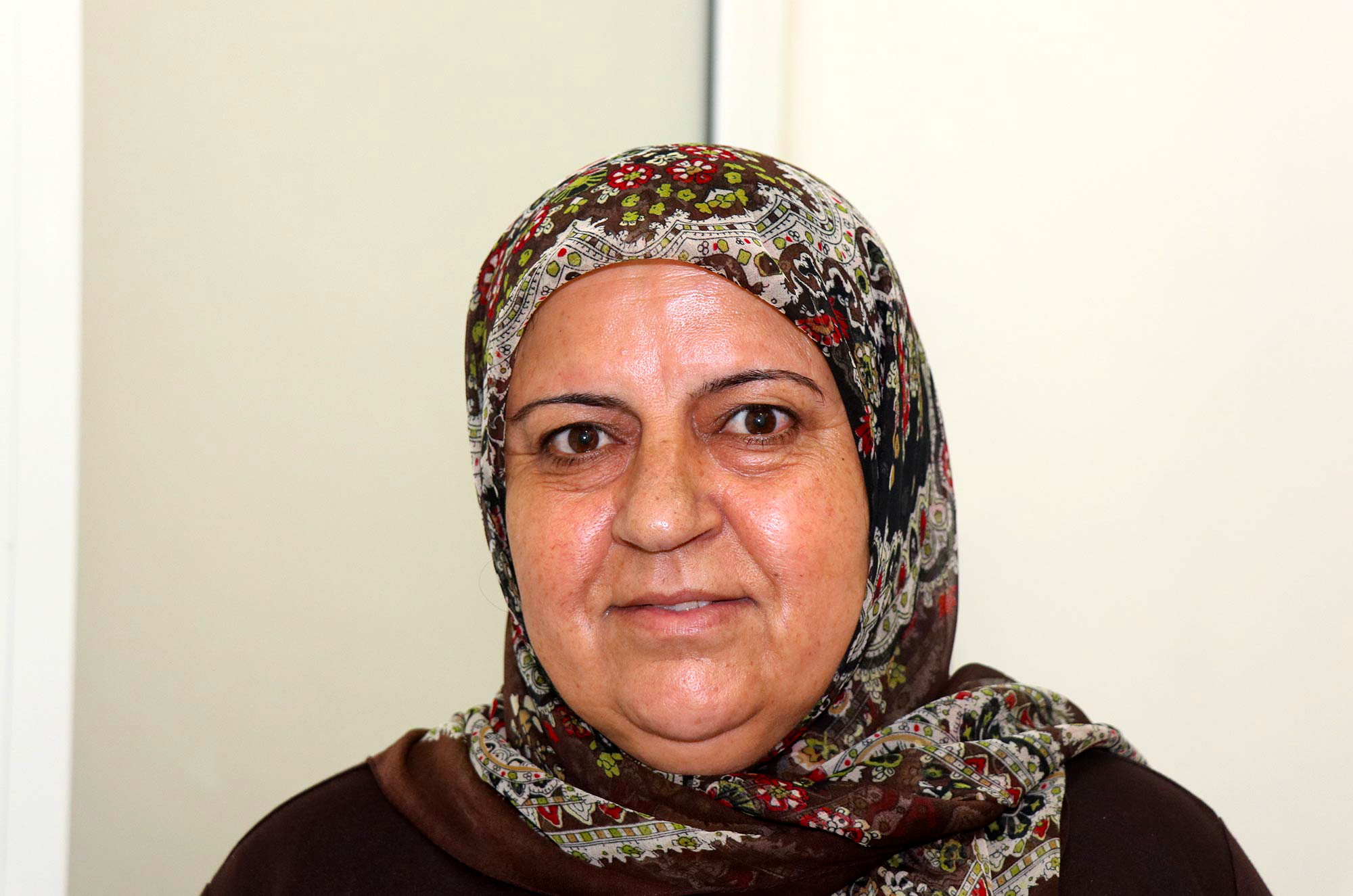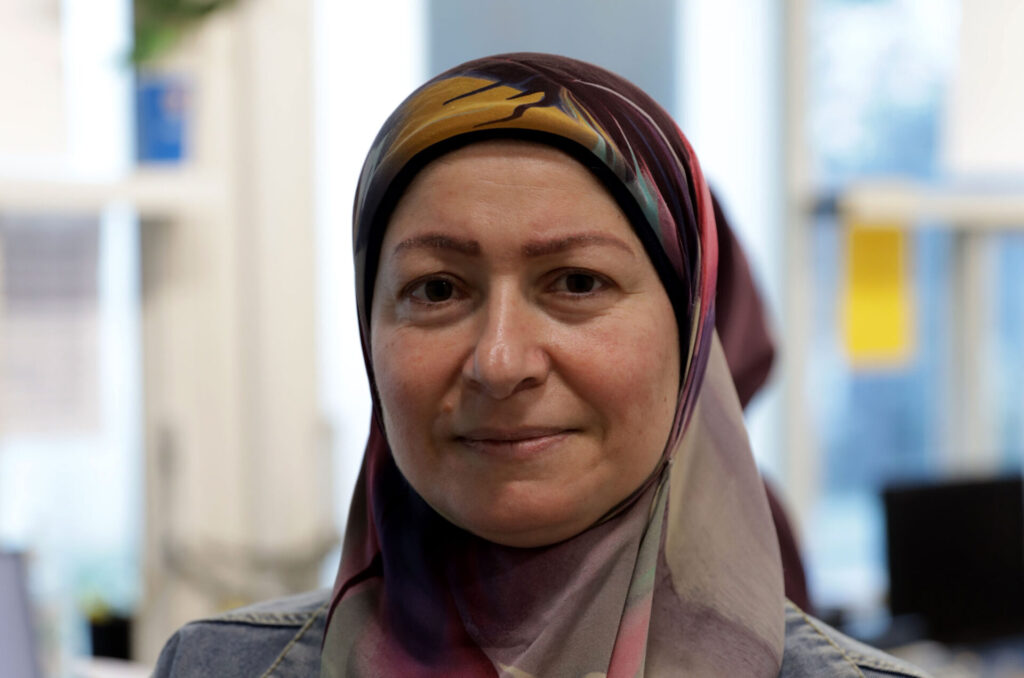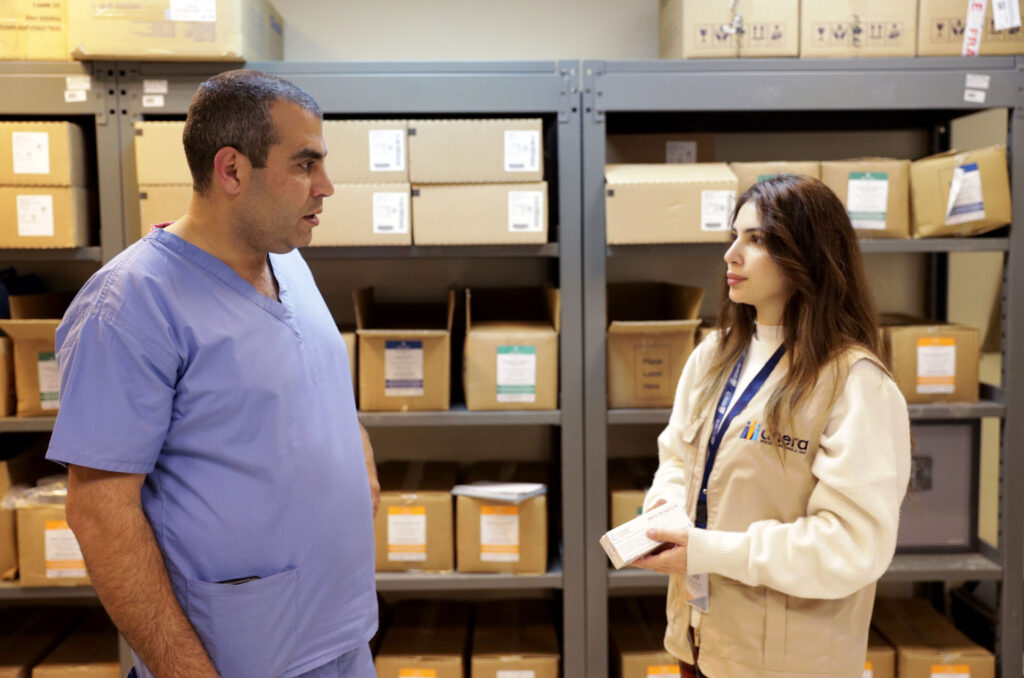HEALTH
Medicines for Those Who Need It Most in Saida, Lebanon
Jul, 2019
“I never knew that sadness could literally injure my heart. We were forced to leave our home in Syria four years ago. We found refuge in Lebanon." - Nourya
Lebanon is a country rife with risks for heart problems. A recent study indicates that post-traumatic stress may have long-term effects on heart health and increase the risk of high blood pressure. Lebanon is home or host to many thousands of people traumatized by the 17-year Lebanese civil war, the on-going Syrian civil war, and the crushing poverty of living in marginalized Palestinian or Syrian refugee communities.
Disadvantaged families in Lebanon depend on charity medical centers to get any kind of treatment. Tragically, some die because they cannot afford emergency care.
This is where organizations like Anera and International Health Partners (IHP) can help. IHP supports Anera’s efforts to expand health care through regular shipments of medicine and medical supplies. Anera works with trusted local health care partners in Lebanon to ensure that life-saving medicines reach patients in need.
Anera recently provided one of its partners, the Caritas Medical Center in Saida, with an IHP shipment of bisoprolol, a medicine used to treat hypertension and prevent strokes, heart attacks, kidney problems and other medical complications in people with high blood pressure. Caritas opened its doors in Lebanon in 1972 and today provides free medical care to some 200 to 300 patients of diverse national origins every day through its primary health care center in Saida.
A Wounded Heart: Why This Medicine Is Needed in Lebanon
Nourya, a 57-year-old Syrian refugee living in Tyre, is a patient at the Caritas Medical Center. She comments,
“I never knew that sadness could literally injure my heart. We were forced to leave our home in Syria four years ago. We found refuge in Lebanon. My husband passed away last year. Both of my sons have had to leave to seek better lives for their families abroad.
One day, my heart started aching. I got so scared. I thought I was having a heart attack. I rushed to the Caritas center. The doctor gave me this medicine [bisoprolol] for free. My heart hurts a little less now, and when I feel pressure in my chest, I take a pill.”
The patient sitting next to Nourya in the medical center speaks Arabic with an accent. Her name is Kuli. She is Kurdish and married to a Syrian man. Her family, like most Syrian refugee families, has been through great difficulties in the last decade. Her husband has developed heart problems. She says,
“My husband Samer is only 53 years old. Back when we were in Syria he had no health issues. He was so energetic! Leaving everything behind and being in a position of weakness broke his heart. He is a very sensitive person. I am the tough one in our relationship.
“One day we were watching the news about Syria and suddenly he started turning slightly blue clutching his chest and slumping forward. I went out and stopped a cab and rushed him to Caritas. Thankfully we got there in time. He could have had a heart attack if the doctor had not stabilized him.”
“What would I have done without the love of my life, taking care of three children alone?” Kuli, 42, asks in tears. “I can barely read and write.”
After being told that her interview would be read by Anera supporters around the world, Kuli says,
“Please tell them that this means the world to us. Tell them that we cannot afford to purchase medicine. My husband has been taking bisoprolol since January 2018 and [since then] he hasn't been through another episode, thank God, thanks to all the kind people who think of others.”
Bisoprolol is prescribed both for preventative care and for heart attack survivors. Mohammad, a 50-year-old Palestinian refugee living in Baawerta, south of Beirut, shares his experiences with the medication,
“I had a heart attack a year ago. Thankfully I survived it. The doctor told me to take bisoprolol every day. I have anger issues. I’ve always been quick to get worked up. But I mean, come on, who wouldn't be angry living in my shoes? I know that I must reign in my anger, but bisoprolol is definitely helping to control my heart rate. I can feel it.”
The latest IHP shipments will provide an estimated 436,112 treatments for some 20,000 refugees and other vulnerable patients across Lebanon. Anera is distributing the donated medicine to 10 hospitals, 80 dispensaries, and 140 primary health care centers, medical centers and associations.
Local & Global Partnerships Provide Healthcare for the Vulnerable
Anera’s work is based on building partnerships with effective, transparent and well-respected local partners. We are proud to join with global donors such as International Health Partners and field implementers like YMCA Lebanon and Caritas.
Anera has partnered with YMCA Lebanon for many years to assess and meet the local medical needs of vulnerable communities in collaboration with local implementing partners like Caritas International. Our partnerships with IHP, YMCA and Caritas enable Anera to effectively deliver donations of in-demand medicines to those who need it most.





